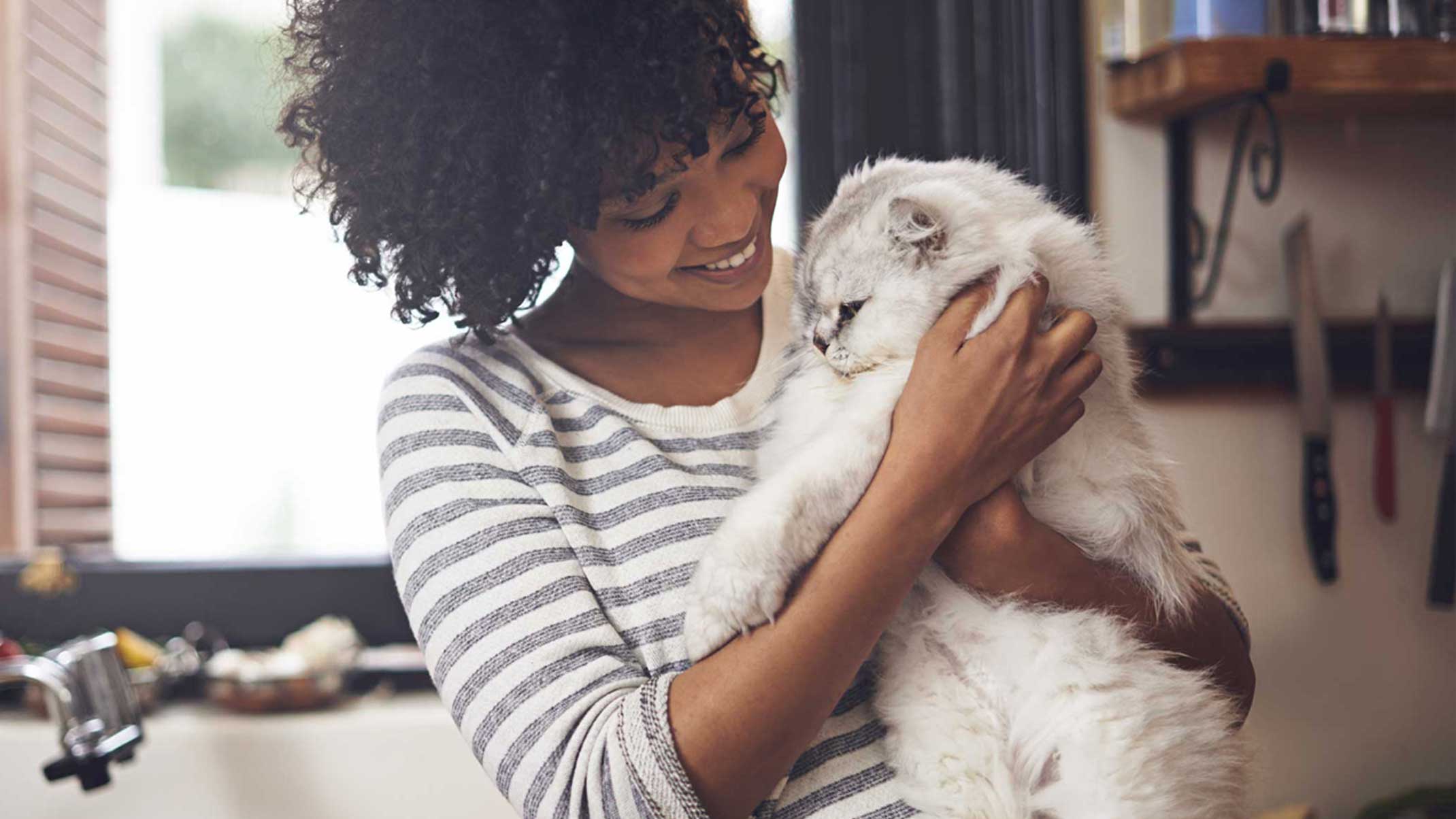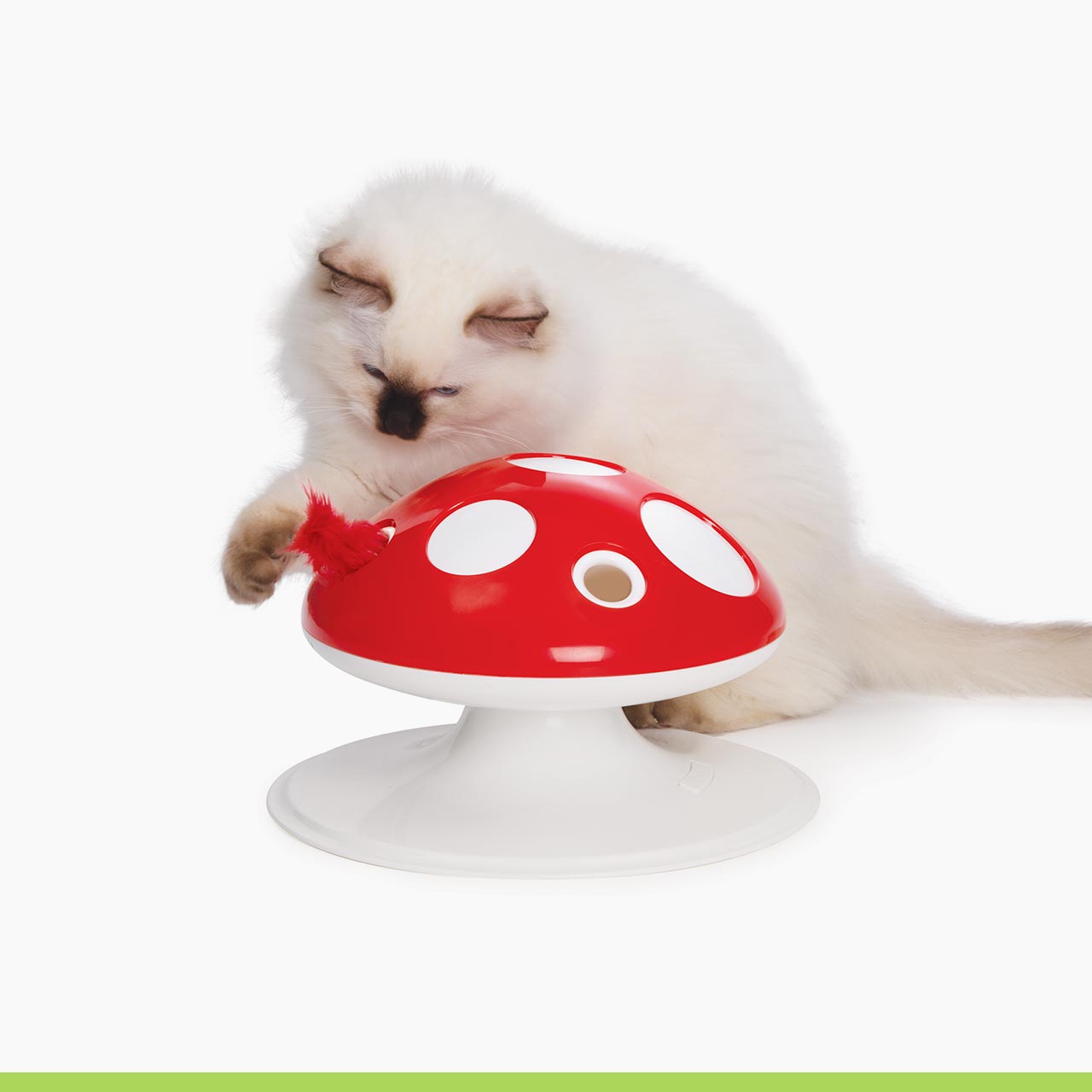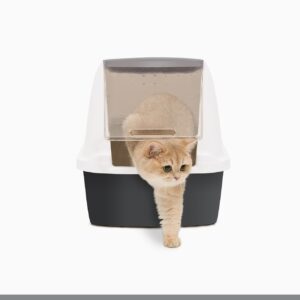In this article
Why pick an adult cat?
While most people rush to adopt an adorable kitten, adult cats come with many benefits. They are usually litter box trained, are less hyperactive, and easier to get to know. While all kittens are rambunctious and playful, adult cats show a more permanent side of their personality. Want a lap cat? A farm cat? A playful cat? Your local shelter will be able to inform you on which cat suits your lifestyle best.
What to ask about when adopting?
An adult shelter cat has already lived a previous life. In order to make sure that you pick a feline that is right for you, there are a few things that are definitely worth asking the shelter personnel about.
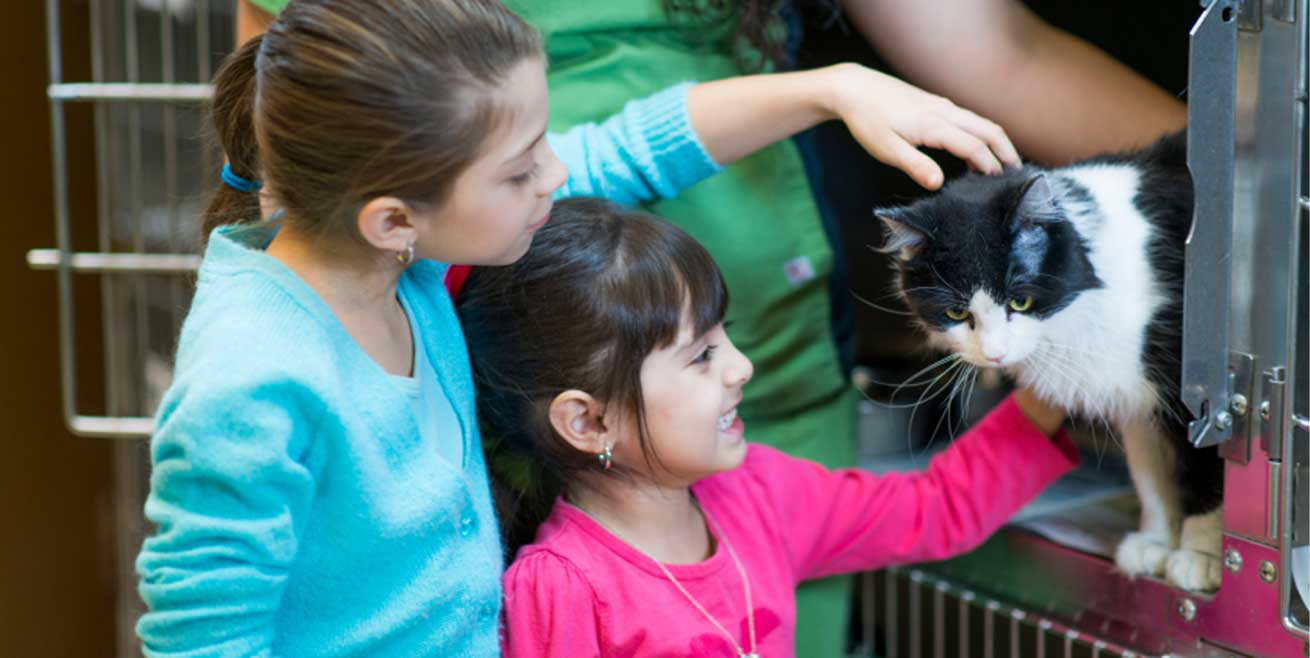
Never miss an issue of the FREE My Cat Exclusive digital magazine!
#1 Past living situation
Cats often end up in shelters because their previous family didn’t match with their personality or needs. By asking about the kind of household, your potential new best friend lived in, you can form an idea whether your own living situation is suitable. Was the cat allowed outside? Were there other pets or small children in the household? And why was the cat brought to the shelter in the first place?
#2 Health
As cats get older, health problems may come to light. However, many of them are perfectly manageable. While verifying the cat’s health status, find out if they have been spayed or neutered. Unneutered males might spray to mark their territory while intact females can obviously get pregnant, which means you could end up with many more cats than anticipated. Therefore, consider getting your new buddy spayed or neutered before bringing them home.
#3 Behavior
Cats are frequently surrendered to a shelter because of minor behavioral issues. To some, a damaged sofa is reason enough to get rid of their pet, even though there’s a super simple solution. Offer your feline friend various scratching options (cardboard, sisal, etc.) near the spot where they love to scratch, and after some telling off, your cat will leave your furniture alone and go for the scratchers instead. Also, don’t forget to ask whether the cat you would like to adopt gets along with other pets and small children, if relevant.
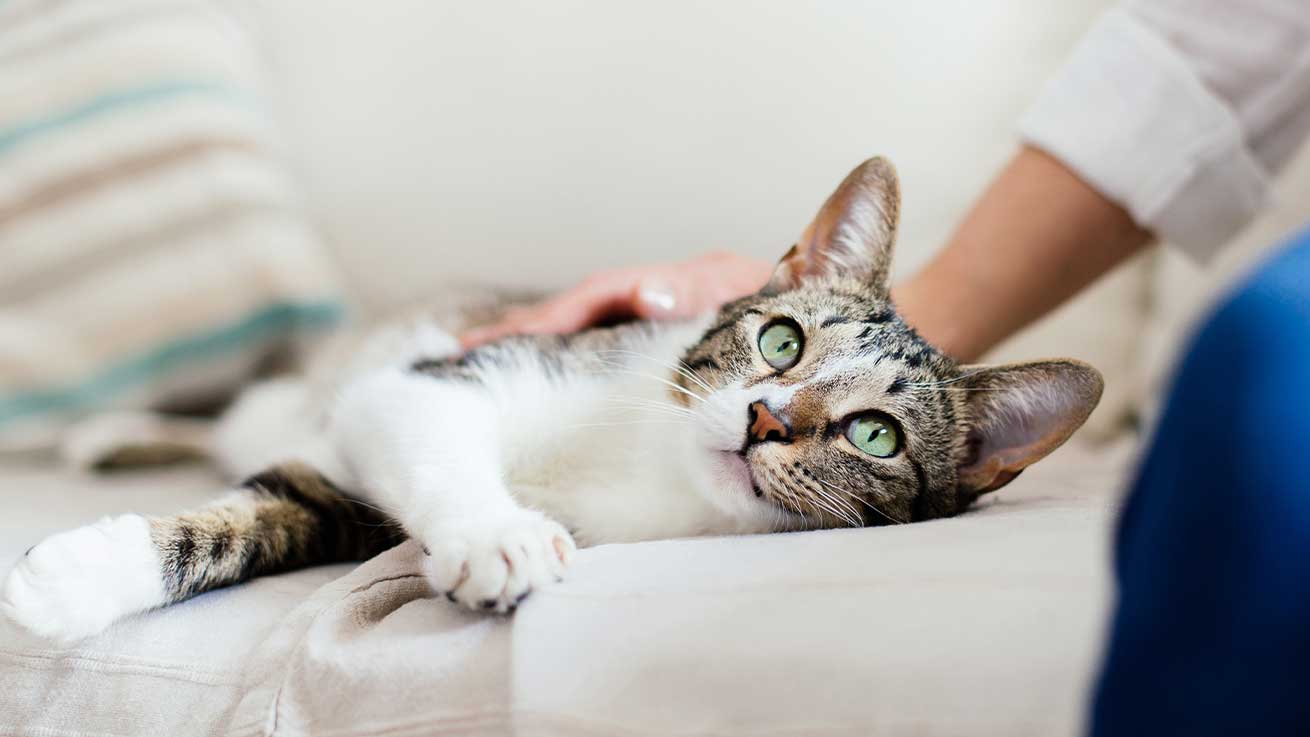
Tips and tricks for success
Once you decide to take a new feline friend home, make sure to properly introduce them to any other pets. If you plan to allow your cat to go outside, first keep them indoors for at least 3 weeks so they can get familiar with the house and you as a family. This will allow them to settle in and find their way back home more easily later on. Finally, don’t forget to cat proof your home, and to ban toxic plants from both your house and your garden.
